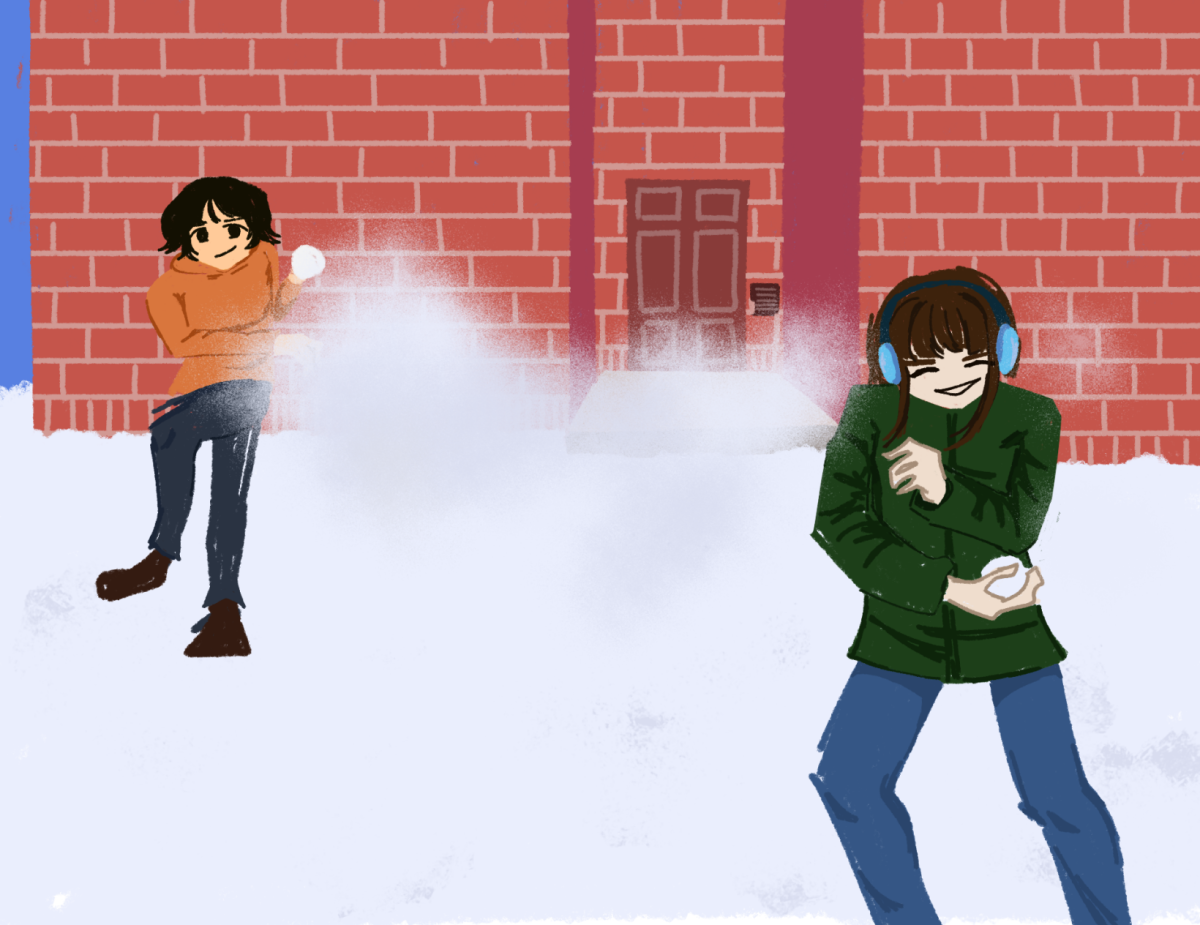After NC State experienced two winter weather events in January which resulted in reduced operating conditions, students might be wondering how and why the University decides to cancel classes.
Todd Becker, NC State’s manager of emergency management and mission continuity, is one of the first individuals in this process. Becker’s department regularly creates emergency operations plans, effectively mapping out strategies for a variety of scenarios, one of the most common being adverse weather.
When the National Weather Service begins reporting potential adverse weather, Becker’s team starts reaching out to a myriad of campus partners. This includes groups like campus enterprises, transportation, facilities and registration and records.
Sarah Ketchem, director of landscape maintenance and operations, is also a part of these early conversations. For snow or ice, individuals driving trash trucks during the day will switch off and work to salt and plow the roads. For other adverse weather events, like tornadoes or hurricanes, Ketchem’s team looks into landscaping and any items that could become flying debris.
While class might get canceled for students, Becker emphasized the idea that campus itself never truly closes.
“Campus doesn’t really shut down,” Becker said. “The public has this mindset — if you read a ticker on WRAL or something that says NC State canceled classes — they just think campus is closed. And that’s not the case. If you drove around when the snow started that evening, this place was still full of University personnel.”
Several operations and partners on campus must remain open 24/7, such as the steam plants, certain research projects and the NC State Veterinary Hospital.
Ketchem said in all circumstances, safety is always the top priority.
“We want to make sure that always our first priority would be life safety,” Ketchem said. “So we need to keep the roadways open for the ambulances or fire trucks, and then additionally for Wolfline.”
Students living on campus are a major consideration when it comes to making a decision to reduce operations. On-campus facilities like dining halls remain open as long as possible to make sure students can safely get their meals. Transportation is also important as the Wolfline is the main mode of transport for a majority of staff working at these facilities.
Ketchem’s team and other facilities partners refer to an “after hours” map, which shows important sidewalks that run from residence halls to dining halls or other locations frequented by students and staff. The Environmental Services team also works to clear building and residence hall entrances, focusing on accessibility.
“If we were to get, let’s say, a huge snowstorm, the first thing we’re going to do is make sure the [accessible entrance] is available,” Ketchem said. “So we might leave one staircase — we might even put up caution tape and block off a staircase to make sure that the one accessible entrance is accessible by everyone.”
After consulting with various campus partners and assessing the impacts on surrounding counties and school systems, Becker and his team make a recommendation to senior leadership on campus, which includes members of the chancellor’s cabinet.
“We also know that childcare is a concern for a lot of our faculty and staff and some students,” Becker said. “And so we always put that note in, when we put that written assessment that goes to the chancellor’s cabinet, there’s almost always a note: ‘Here are the surrounding schools that have canceled so far.’”
Once decisions have been made, it’s the job of University Communications to effectively relay information to students, faculty, parents and impacted Raleigh residents. Mary Cole Pike, executive director of communications and chief of staff, works with a team to make the alerts as widespread as possible.
The top priority is to send a WolfAlert, which sends text messages and emails to impacted individuals. Pike and her team then update NC State social media accounts, contact local media outlets and update the adverse weather conditions hotline at 919-513-8888.
The entire emergency response process reveals the interconnectedness of University personnel.
“I would just say that what I’m most proud of is just the collaborative effort that all of NC State comes together to try to just work together to keep campus going even in times of difficult things that we can’t control,” Ketchem said.













